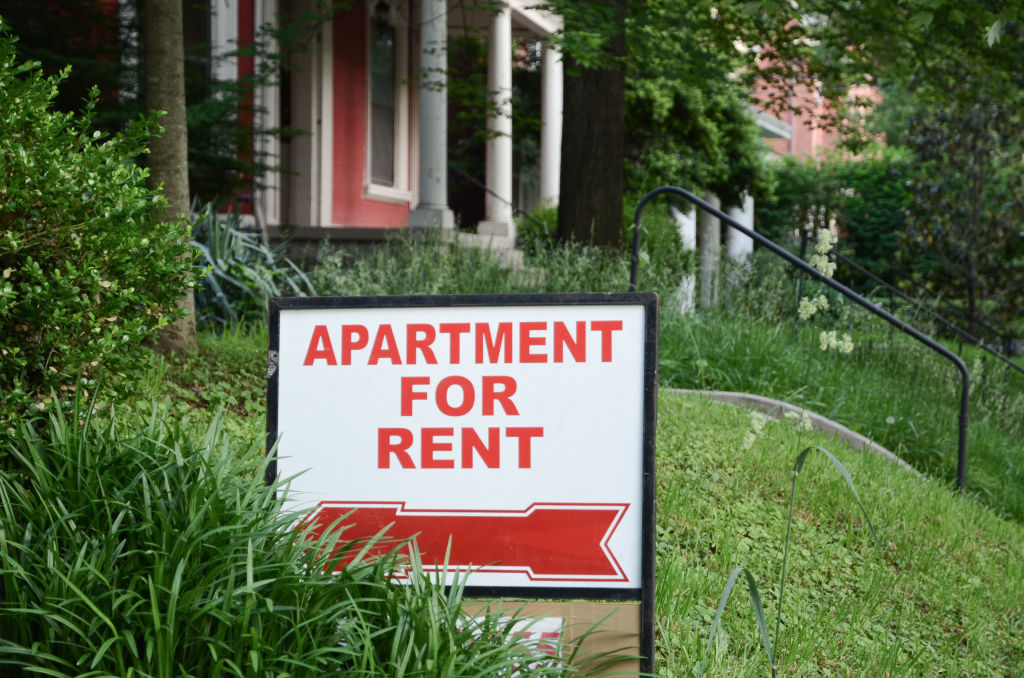Renting reform: Help with moving costs and application forms mooted

Government support for moving costs and blind application processes for rental properties have been flagged as ways to help tenants who are vulnerable or on low incomes.
A national approach to housing policy was also suggested in a new report from the Consumer Policy Research Centre.
It comes as the number of renters around the country grows and several states push ahead with tenancy reforms, and experts warn there is more work to do to ease housing affordability pressures.
“Renters are spending more time in the market than they ever have before, and more money,” Consumer Policy Research Centre chief executive Lauren Solomon told Domain ahead of a Melbourne conference on Monday.
“It is really growing as a consumer issue.”

The think tank worked with more than 20 organisations that support tenants in Victoria to outline the anxiety and frustration faced by renters who cannot find homes that meet their needs, face complex application processes and risk discrimination, pay high moving costs and lack a safety net.
It called for policy changes such as standardised rental application forms, limits to rent required in advance, help with moving costs, more resourcing for dispute resolution processes, more disclosure about the quality of real estate agents, and more inclusive planning.
The body also backed a national approach to the state issue of rental policy, following a federal Greens proposal last week for a national standard on renters’ rights.
Blind applications could also be an option to reduce discrimination, giving landlords enough information about a potential tenant’s current income but screening out details such as current location or gender, Ms Solomon said, adding more research and testing was needed in this area.
She pointed to moving costs such as paying a bond and setting up utilities, which are sometimes paid by charities on behalf of struggling tenants.
“There’s quite a lot of financial and other support being provided by the not-for-profit sector at this stage,” she said.
“And there’s a question for policymakers about how those costs might be fairly shared across everybody.”
For example, current schemes that offer interest-free loans for bonds could be expanded to other costs.

To help those most in need, the St Vincent de Paul Society can pay for bonds or maintenance, and spends $1.15 million on accommodation in Victoria alone each year.
Vinnies manager of policy and research Gavin Dufty backed the idea of an enhanced government scheme to help with other set-up costs beyond bonds.
“Establishment costs are an incredibly high barrier to entry,” he said. On top of which, renters moving to a cheaper property further from the city can lose the social networks they have built up. “It’s not a simple, ‘rents are too high’ conversation. It’s bigger, about community and life cycles.”
Victorian Council of Social Service chief executive Emma King urged the creation of a housing ombudsman to resolve disputes.
“Introducing a housing ombudsman would create an accessible, fairer, faster way to deal with problems in rental housing,” Ms King was set to tell the conference, according to speech notes.
“It would save everybody time, money and worry.”
She also called for more investment in social housing, given the current long waiting lists.
Choice policy and campaigns adviser Patrick Veyret noted that consumers have guarantees under consumer law if they purchase a product but someone paying for rent may struggle to enforce their rights due to fear of eviction.
He backed the removal of no-grounds evictions, which has been legislated in Victoria but has become a sticking point in NSW, for example.
“That’s the linchpin reform for many renters who are afraid to exert their consumer protections,” he said.
We recommend
We thought you might like
States
Capital Cities
Capital Cities - Rentals
Popular Areas
Allhomes
More
- © 2025, CoStar Group Inc.







